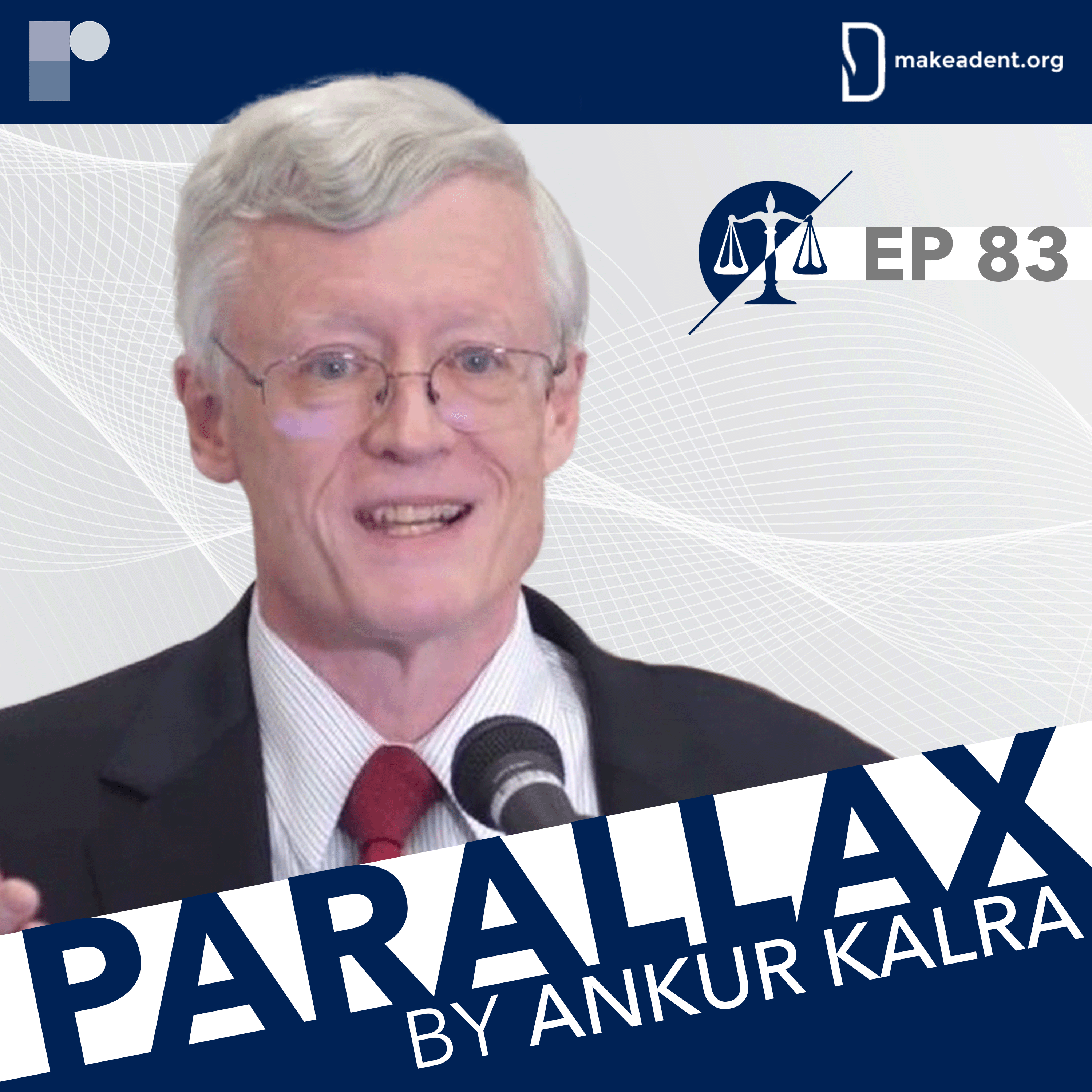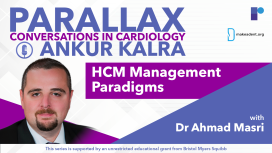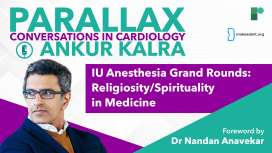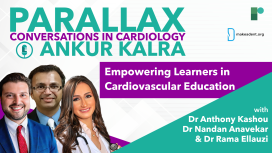
“The hospitals like things just the way they are. It gives them almost complete immunity for any peer reviews, good faith, or bad faith, that they conduct against a physician.”
The Health Care Quality Improvement Act of 1986 considers accused physicians to be guilty of the charges unless and until they can prove their innocence. Over the years many hospitals abused the peer review system to extort and silence competent physicians.
Dr Lawrence Huntoon, Editor-in-Chief of the Journal of the Association of American Physicians and Surgeons, returns for a deep dive into the topic of the hospital peer review system.
In this second episode of our medico-legal series, Dr Kalra invites Dr Huntoon for an overview of the key terminologies and processes of the hospital peer review system.
Dr Huntoon summarises some of key actions you can take as a physician to prepare and defend yourself. We learn more about different sham peer review tactics through recent cases. Dr Huntoon shares his thoughts on what we can do to create a just system and better future for practicing physicians.
What do you need to know about hospital investigations? What is the difference between OPPE and FPPE? How can you get educated on hospital bylaws and processes?
Get involved with the work of AAPS and access more free-to-access resources on this topic: aapsonline.org
Questions and comments can be sent to “podcast@radcliffe-group.com” and may be answered by Ankur in the next episode.
Guest: Dr Lawrence R Huntoon Host: @AnkurKalraMD Produced by: @RadcliffeCARDIO.

In this rich and insightful discussion, Dr Kittleson talks about the origins of famous #kittlesonrules, a collection of tips for doctors shared on Twitter, and her thoughts on mentorship. We learn more about Mastering the Art of Patient Care. Dr Kalra and Dr Kittleson discuss strategies for managing difficult situations in patient care.



Tune in to discover the strategies that Dr. Kalra and Dr. Alasnag are currently employing and gain insights into how these data will shape their future decision-making in the catheterization laboratory. Don't miss this informative discussion at the forefront of interventional cardiology.

As we adapt to the changes brought about by the pandemic, Dr Singh outlines the necessary steps to foster a reality in which we can utilize these technologies to create more time for human connection.

Dr Owens is Medical Director of the Center for Inherited Cardiac Disease and Associate Professor of Medicine at the Hospital of the University of Pennsylvania.
This series is supported by an unrestricted educational grant from Bristol Myers Squibb. Please see www.camzyosrems.com for important safety information.
This content is intended for US-based physicians.

This series is supported by an unrestricted educational grant from Bristol Myers Squibb. Please see www.camzyosrems.com for important safety information.
This content is intended for US-based physicians.

This series is supported by an unrestricted educational grant from Bristol Myers Squibb. Please see www.camzyosrems.com for important safety information.
This content is intended for US-based physicians.









